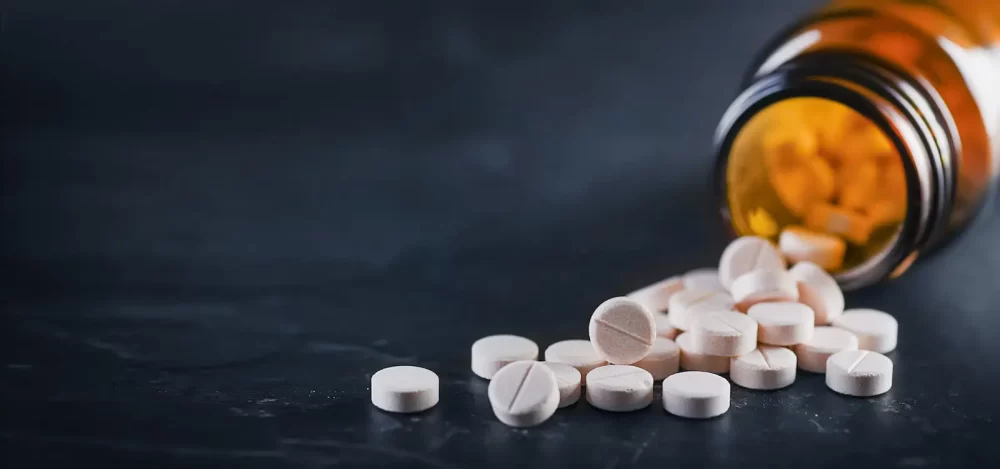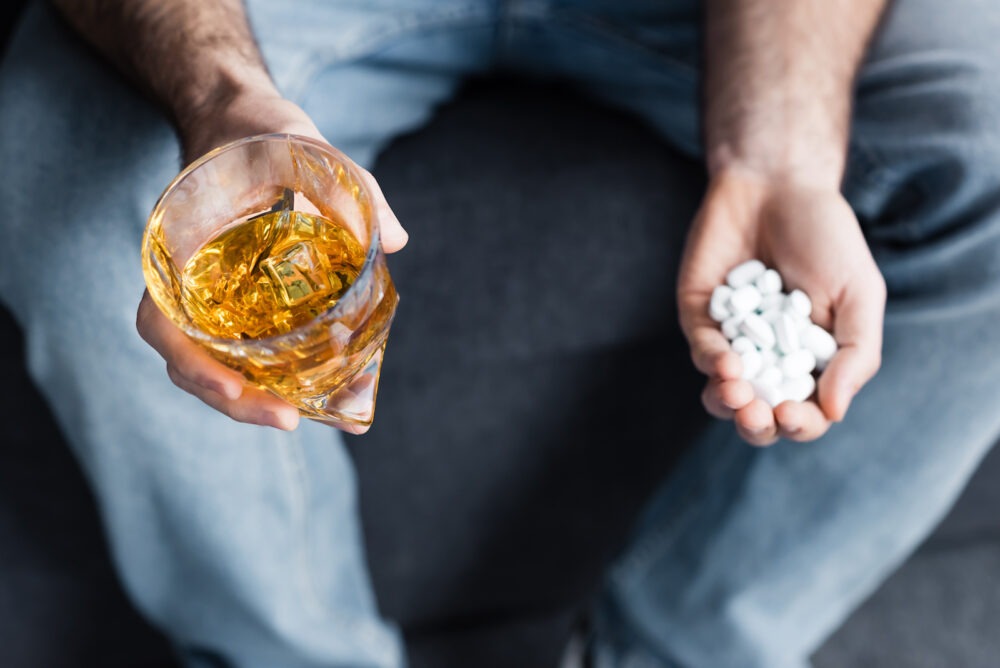Table of Contents
Have you ever felt an intense urge for a sugary treat after a long day? Or maybe a strong desire for a bubble bath to unwind?
Cravings are a normal part of life, triggered by our brain’s reward system. But what if those cravings turn to something more concerning, like alcohol? Does simply wanting a drink mean you’re an alcoholic?
The answer isn’t so simple. Unlike a passing desire for cake, alcohol cravings can be a red flag, especially if you struggle to resist them.
This article explores the difference between occasional cravings and signs of a deeper addiction. Read on to learn the key indicators and see if your relationship with alcohol falls within healthy boundaries.
Does Craving Alcohol Make You an Alcoholic?
The occasional craving doesn’t necessarily signify alcoholism. Many people enjoy a beer with friends or a glass of wine with dinner, but they can easily do without it. So drinking responsibly isn’t a sign of alcohol abuse at all.
But how do you know when occasional cravings turn into a dependence on alcohol?
The problem arises when cravings dictate your behavior.
For example, those cravings can be a problem if you turn to alcohol for every little stressor or drink a beer to feel good or normal. If you start craving a beer every day at around the same time or whenever you have a certain feeling, you might be hooked on drinking. If you can’t go a day without a drink and have to battle extreme cravings to stay sober, that can signify that you are dependent.
Other issues are more prominent. Here are other signs to watch for:
- Irritability or mood swings if you don’t have a drink
- Feeling isolated around friends and family
- Neglecting your responsibilities to drink
- Prioritizing alcohol over loved ones and obligations
While occasional cravings are normal, pay attention to their frequency and intensity. Can you resist them, or do they lead to excessive drinking?
If you find yourself struggling with cravings or any of the signs above, don’t hesitate to seek help. A healthcare professional can guide you towards a healthier relationship with alcohol.
Why Am I Craving Alcohol?
We’ve all been there. You swore off sugary drinks, but the sight of a giant cola at a party makes your mouth water. Or maybe you’re trying to cut back on screen time, but a night in with a new show suddenly feels irresistible.
These are cravings, and while annoying, they’re usually harmless. But cravings can become a much bigger hurdle when you’re dealing with addiction.
What is a Craving in Addiction?
Cravings in addiction are intense desires for a substance or behavior. Unlike a fleeting urge for a cookie, cravings can feel all-consuming, fueled by both physical and psychological factors.
- Chemical Dependence: Regular substance use alters brain chemistry, particularly the reward system. When you don’t use the substance, your brain goes into a kind of withdrawal, triggering intense cravings to restore balance.
- Learned Associations: Over time, your brain associates certain places, people, or emotions with using the substance. Exposure to these triggers can spark powerful cravings, even if you’re not consciously thinking about alcohol.
So, why are you craving alcohol?
It could be due to:
- Withdrawal Symptoms: If you’re trying to cut back or quit, cravings are a common withdrawal symptom.
- Triggers: Did you pass your favorite bar? Hang out with old drinking buddies? These environmental cues can trigger intense cravings.
- Emotional Distress: People often use alcohol to cope with stress, anxiety, or boredom. Cravings can emerge when you’re struggling with these emotions.
Understanding cravings is the first step to managing them.
Alcohol Craving Symptoms & Side Effects
Signs and symptoms of alcohol addiction include:
- Intense cravings: If you find yourself white-knuckling, fidgeting, or otherwise feeling agitated if you can’t indulge in a craving right away, then you have alcohol dependence.
- Drinking to feel or feel better: Many people turn to alcohol to manage stress, sadness, anger, or boredom. While alcohol may provide temporary relief, it doesn’t address the root cause of the problem. In fact, it can worsen anxiety and depression in the long run.
- Blackouts and Memory Loss: Binge drinking, a common sign of addiction, can lead to blackouts – complete memory loss of your drunken actions. This can be dangerous and frightening, not to mention a red flag for problematic drinking.
One last side effect of alcohol and alcohol addiction is simply the inability to stop drinking. You might know that too much beer is bad for you and how many glasses of wine you can drink before you can’t drive home, but even with that knowledge, you blow past your limits and keep drinking until your body makes you stop.
Finally, one of the main problems with alcohol abuse is denial. Most people refuse to seek help for their addiction and instead think back to the days when they drank normally. They might blame other people or circumstances for ‘making them’ drink or become defensive and refuse to break the pattern they’ve placed themselves in.
If you recognize these signs in yourself or someone you love, know that help is available. There’s no shame in seeking professional support to overcome addiction. Remember, recovery is possible.
What to Do When You Crave Alcohol
If your cravings for alcohol are too strong for you to be able to handle alone, it’s time to seek help. Even if you think your cravings are manageable, they can lead to bigger problems.
Seeking professional help is a sign of strength, not weakness. By working with medical professionals, you can address the underlying causes of your cravings and develop healthy coping mechanisms. You can also find support groups filled with people who understand what you’re going through.
With the right tools and support system, you can achieve lasting sobriety and live a fulfilling life.
So, reach out today – your future self will thank you for it.
Sources:
Infinite Recovery has strict sourcing guidelines and relies on peer-reviewed studies, academic research institutions, and medical associations for our references. We avoid using tertiary references as our sources. You can learn more about how we source our references by reading our editorial guidelines and medical review policy.
- Hartney E. How to Control Your Alcohol Intake. Verywell Mind. Last edited August 29, 2022. https://www.verywellmind.com/can-i-control-my-alcohol-consumption-22394
















